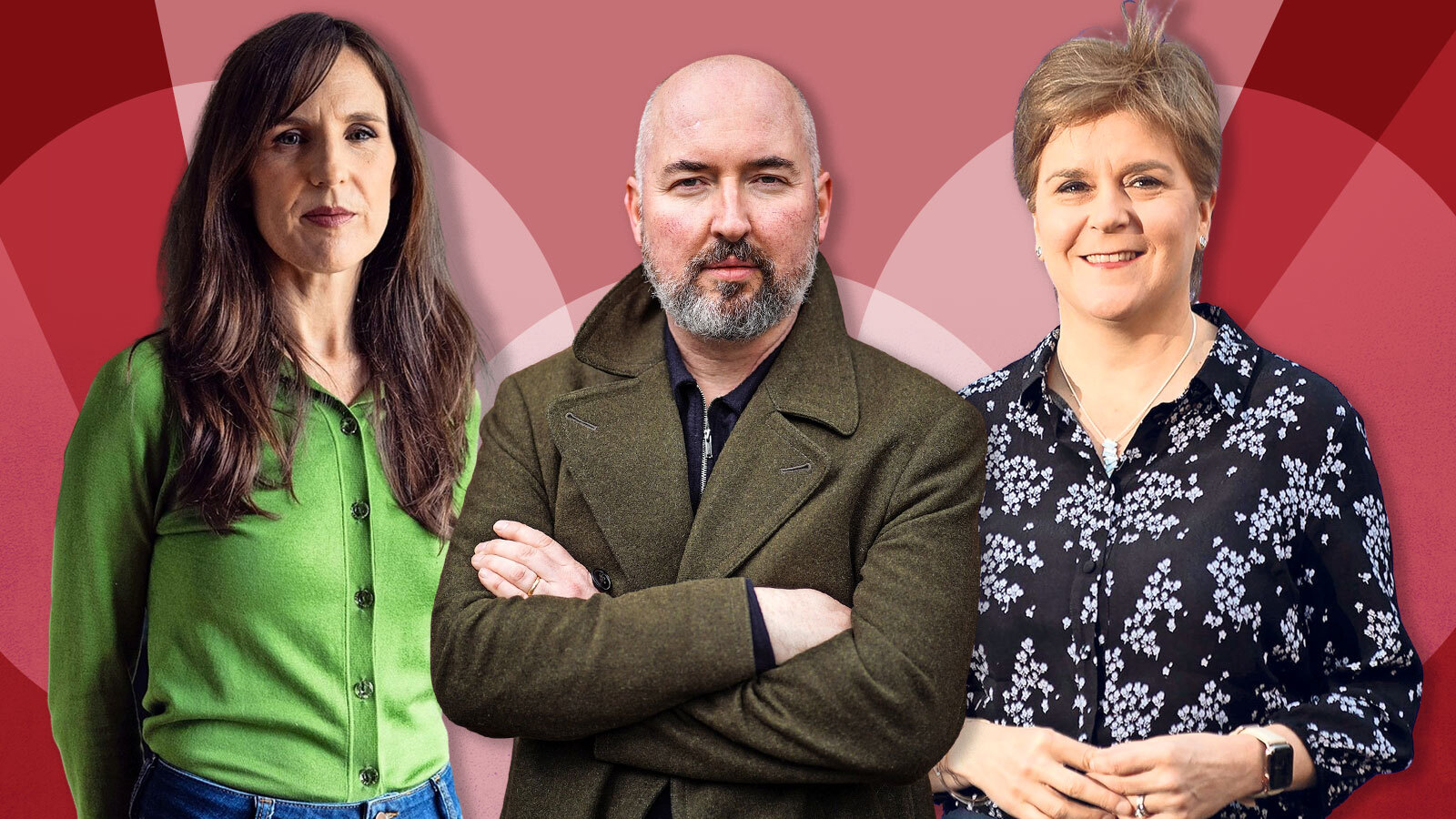The author of the best-selling novel The Tattooist of Auschwitz has opened up about her impostor syndrome.
Heather Morris, who published her debut aged 65, said that she did not get invited to book festivals in her native Australia, where she was seen as “not having paid my dues”.
The retired social worker launched a Kickstarter campaign to help her self-publish The Tattooist of Auschwitz, a true story about a Slovakian man who falls for a girl he tattooed at the concentration camp, before a publishing house in Melbourne got in touch.

Translated into more than 40 languages, it has now sold 12 million copies worldwide. A Sky television adaptation, starring Harvey Keitel and Jonah Hauer-King and scored by Hans Zimmer, is due next year.
However, the novel also became mired in controversy after the Auschwitz Memorial Research Centre pointed out several inaccuracies that it said “blur the authenticity” of the true history.
Advertisement
Speaking to The Times at the Cheltenham Literature Festival, Morris said that despite her global success, she did not always feel welcome in literary circles.
“I do feel like an impostor,” she said. “In Australia I’m seen as not having paid my dues and written unsuccessful books time and time again and struggled. Funnily enough I feel so much more comfortable here — and if this makes it back to Australia, well, they sort of snubbed me anyways.
“I get invited to hardly any festivals in Australia, let’s just put it that way. Australia is not quite so accepting.”
She suggested that her focus on European rather than Australian stories had played a part in her alienation.
“The Australian literary world is going through a phase where they’re wanting to tell the Australian stories that have not been told. That for too long they felt authors looked further afield,” she said.
Advertisement
• Heather Morris interview: ‘Should a kangaroo decide to jump across my front lawn, I won’t see it’
Yet the novelist said she rejected the idea that only particular people should be allowed to tell certain stories. “I’m not going to comment on other authors who do choose to not tell a story that they have because it clashes with their race, their religion, their colour, their sexuality. That’s their choice,” she said. “For me, I was given the story. It would not have been told by anybody if I didn’t.”
Lale Sokolov, the man whose story inspired the book, had asked Morris to write it because he felt that as a non-Jew, the author did not carry the “baggage” of the Holocaust and so could come at it fresh.
Morris said that she was intrigued to see the reaction to her latest novel. Sisters Under the Rising Sun is based on real accounts of two women, one Australian and one British, sent to a Japanese prisoner of war camp in 1942 after the fall of Singapore. Forced to fend for themselves deep in the Indonesian jungle, they battled years of starvation and brutality at the hands of the Japanese soldiers.
“I apparently don’t write Australian stories — well I have now. So it should be interesting when I go home,” Morris said.
Advertisement
Australia and Britain had for too long ignored this chapter of history, she told an audience at the festival. “Because they were women they’ve not been remembered. I’d like to be able to convince somebody here to just acknowledge that these women suffered, endured and gave life where they could under the most dire circumstances.”




